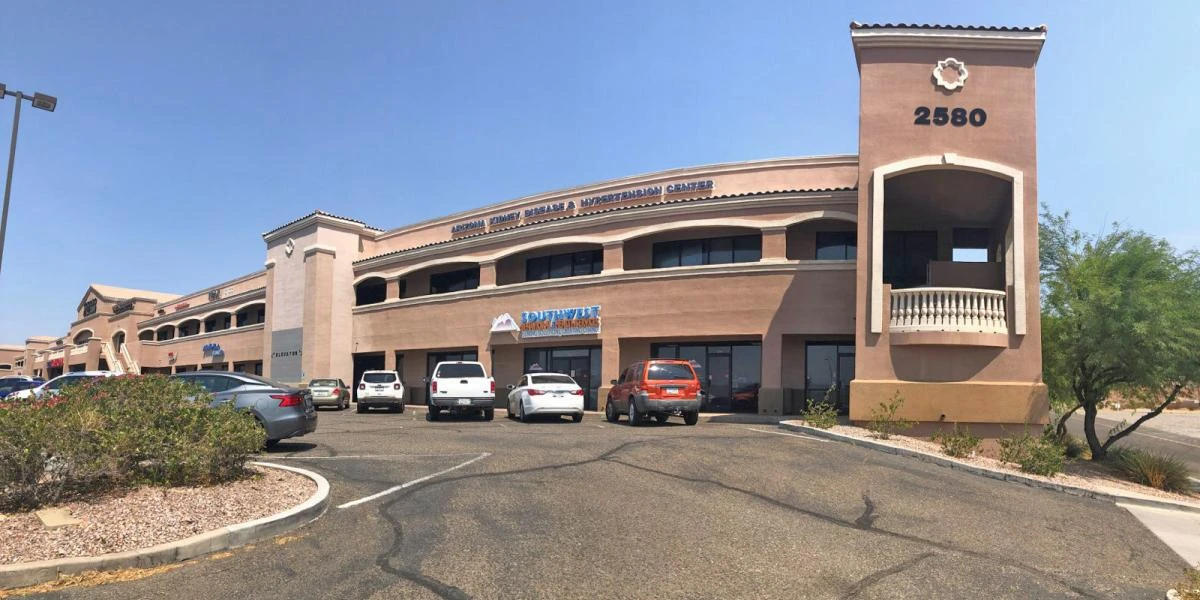As a part of Southwest Behavioral & Health Services in Arizona, Bullhead City Outpatient provides a wide range of mental health services for people, families, kids, teens, and adults. The facility's main goal is to help people improve their health and ability to work in their personal and social lives. To help with a range of mental health and drug use issues, services include individual, group, and family counseling, medication management, psychiatric care, skill training, and case management.
Bullhead City Outpatient doesn't discriminate based on gender or religion; they offer programs like DUI education, domestic violence education, and employment services to everyone. Psychiatric evaluations, health and wellness programs, behavior coaching, and teaching about drug abuse are all types of treatment that focus on short-term interventions that build on what the client already knows how to do well. The center is CARF-accredited, which means it meets strict standards for care and offers good community support to keep mental health crises to a minimum.
Southwest Behavioral Health - Bullhead City Outpatient Information
Accreditations
-
Commission on Accreditation of Rehabilitation Facilities (CARF)
Established in 1966, the non-profit organization known as the Commission on Accreditation of Rehabilitation Facilities (CARF) has a dedicated focus on accrediting rehabilitation organizations. CARF's primary mission is to assist service providers, particularly rehabilitation facilities, in upholding and promoting the highest standards of care.

Additional Locations
Find the best treatment options. Call our free and confidential helpline today!



